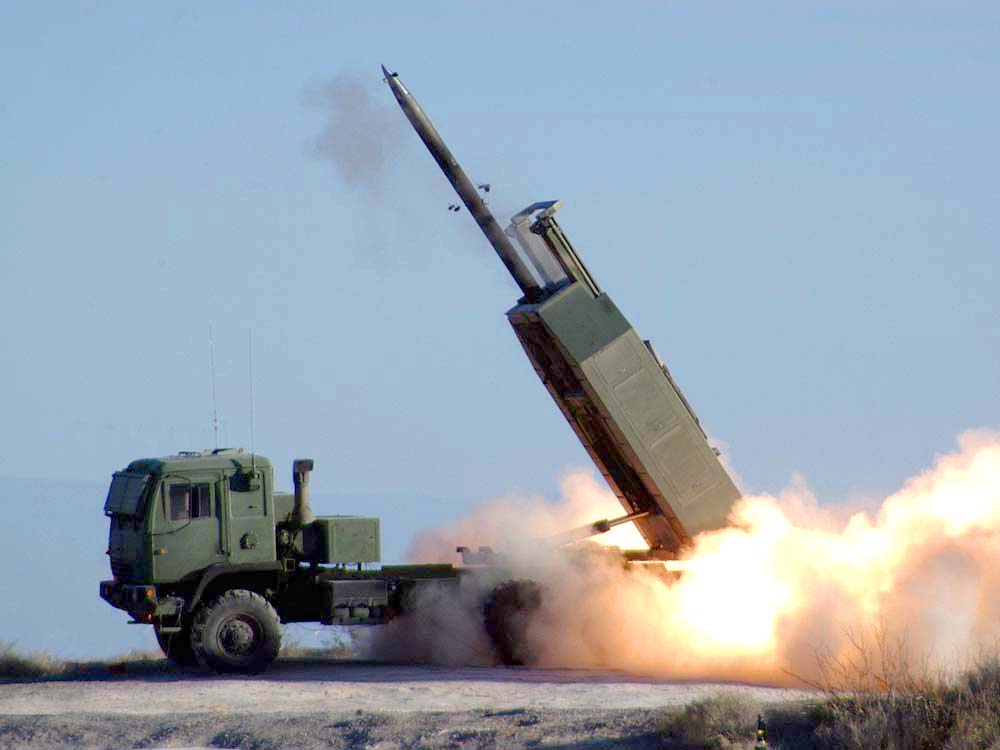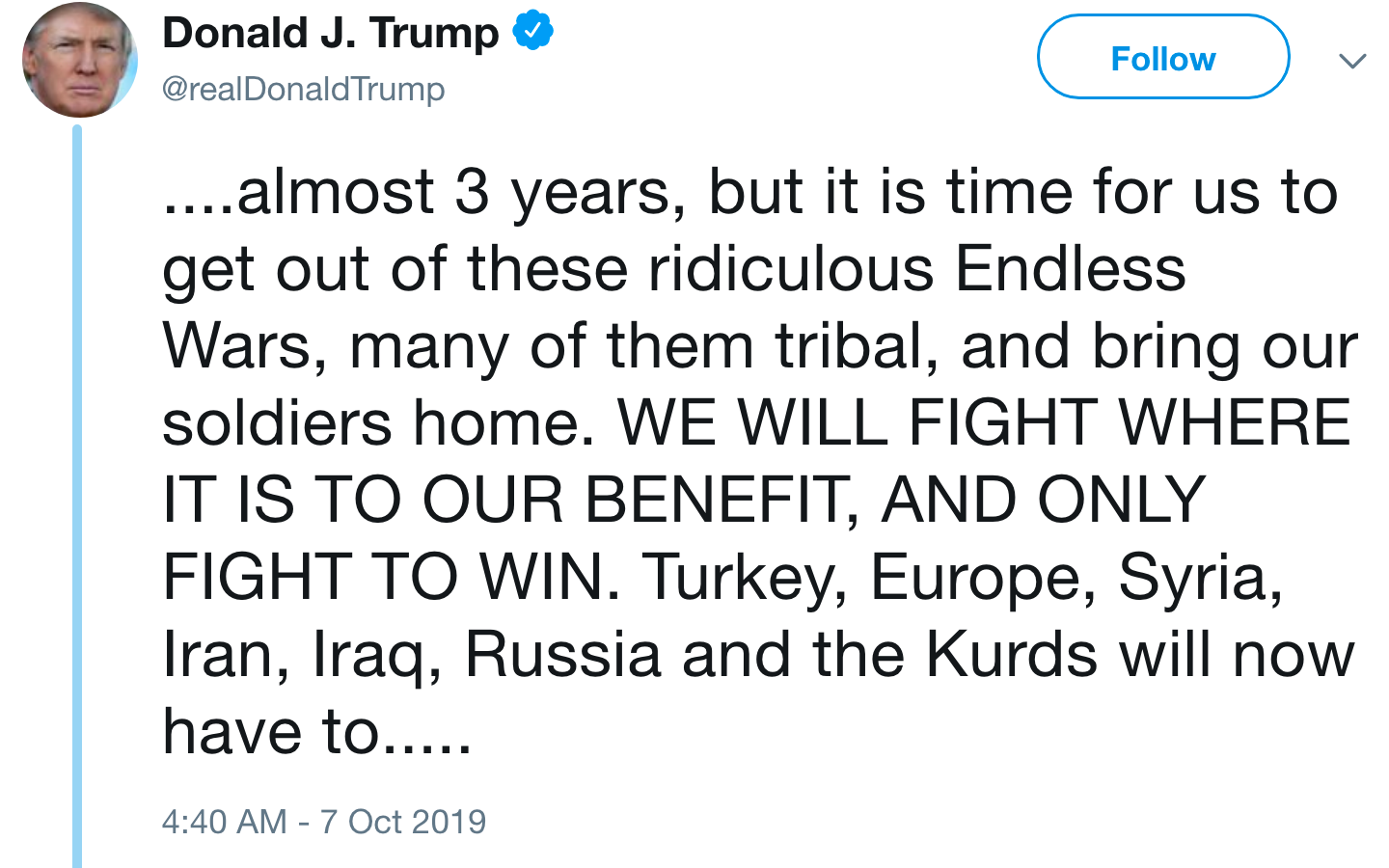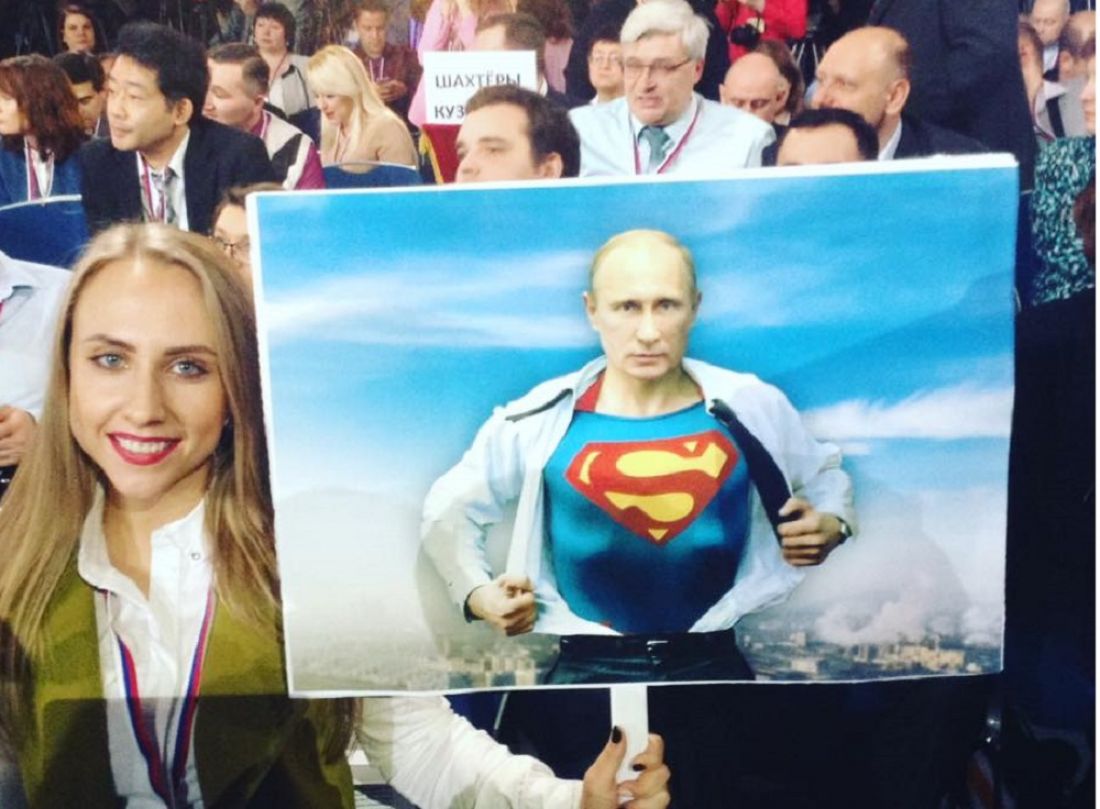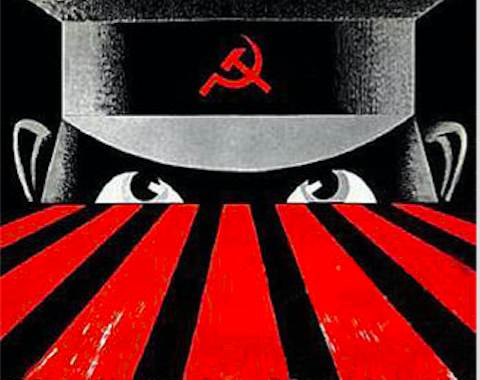The debacle over the Congressional Progressive Caucus’ letter on Ukraine reflects the underlying tensions between progressive values and realist grand strategies of restraint—as well as the danger of progressives failing to see the difference between the two.



